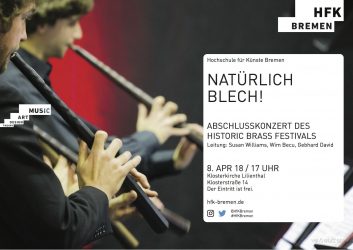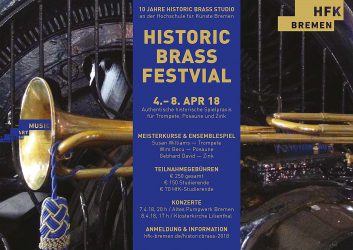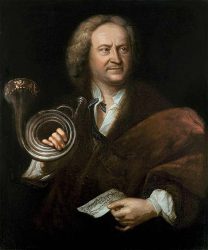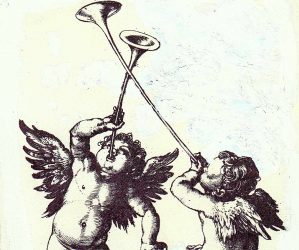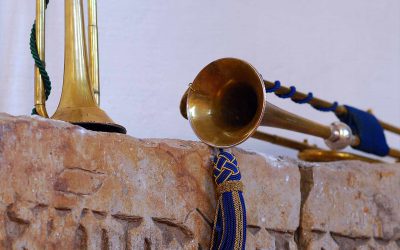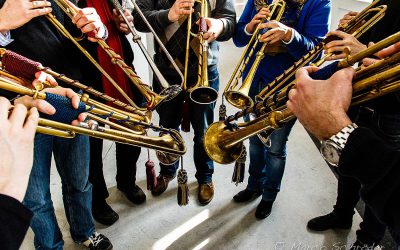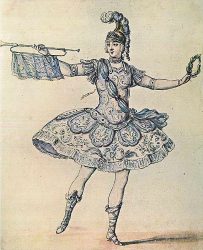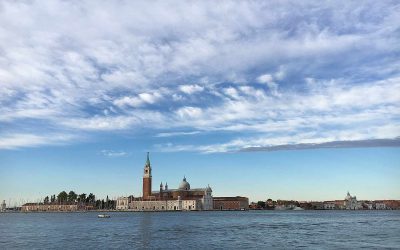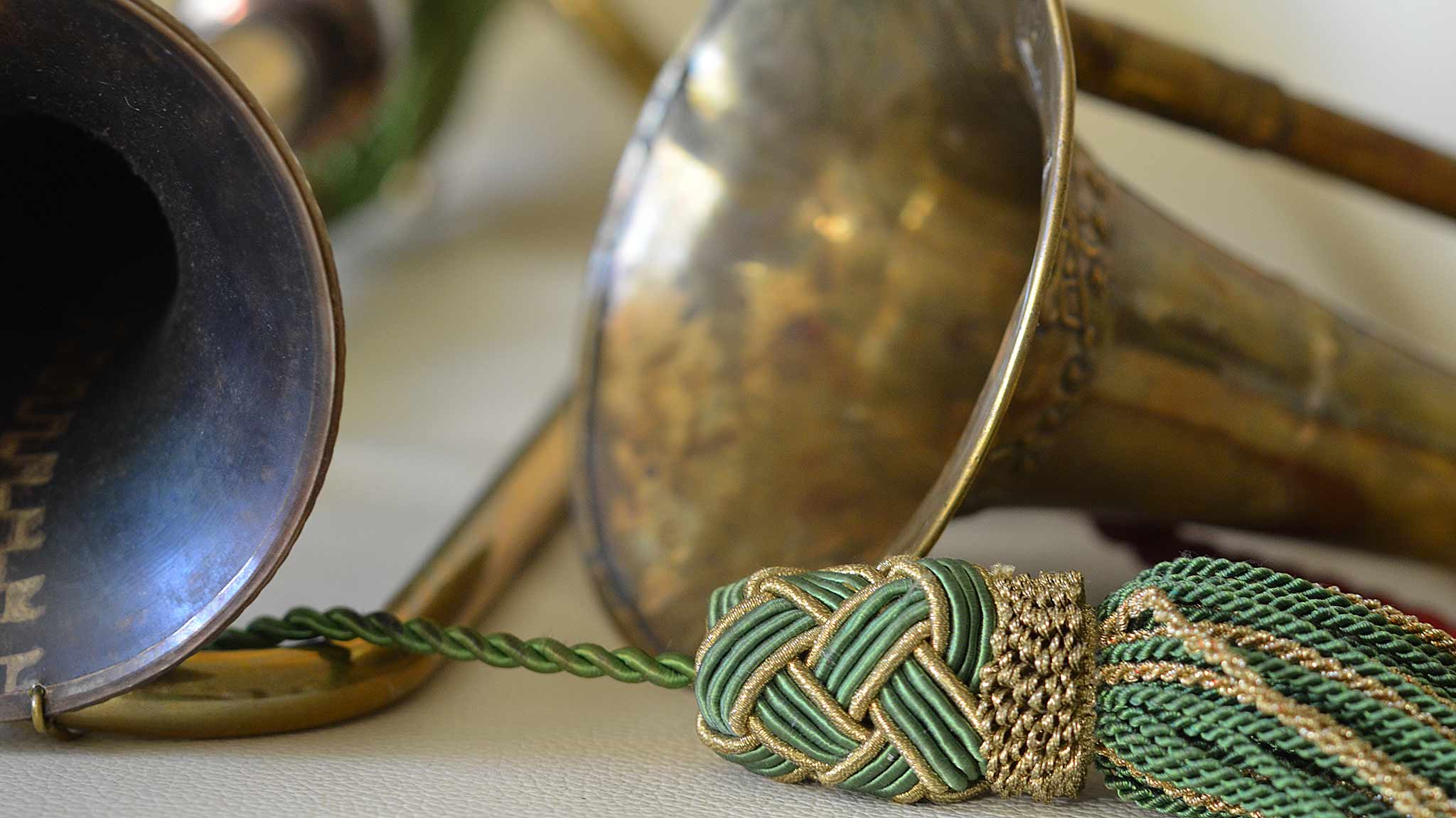
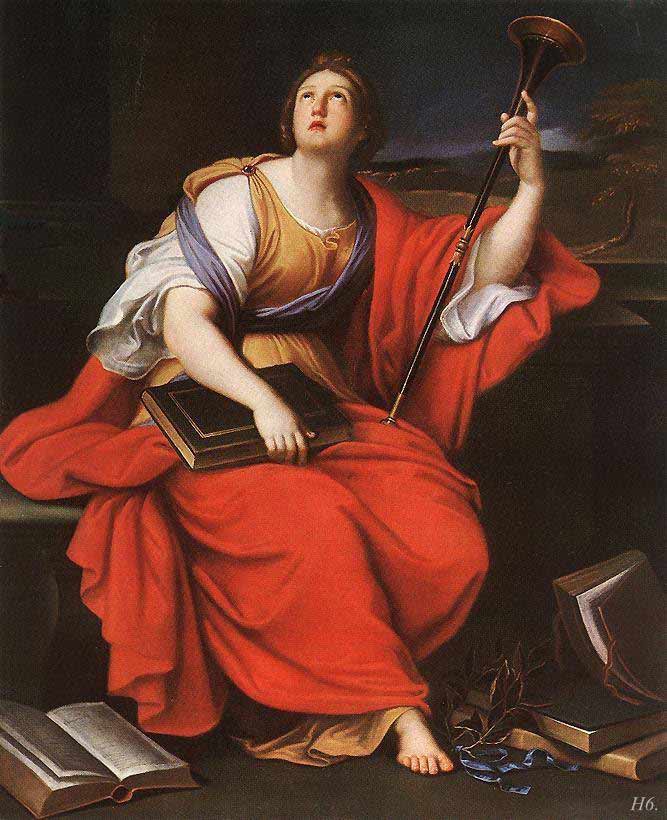
Why play natural trumpet ...
The only good reason to play a natural trumpet rather than a modern valved instrument is for the musical effect. A natural trumpet is twice the length of its modern counterpart, and when it is also made from hand-hammered metal and accompanied by a baroque style mouthpiece, lends itself to a wide range of sound colours – from a brassy low and middle range to a sweet sound in the high ‘clarino’ register. Balance issues problematic to modern chamber music ensembles and orchestras are solved with the natural instruments as the sound is not as focussed and has a wider range of overtones.
Playing the ‘right’ hardware, however is not a guarantee of authentic natural trumpet playing.
... and why study natural trumpet?
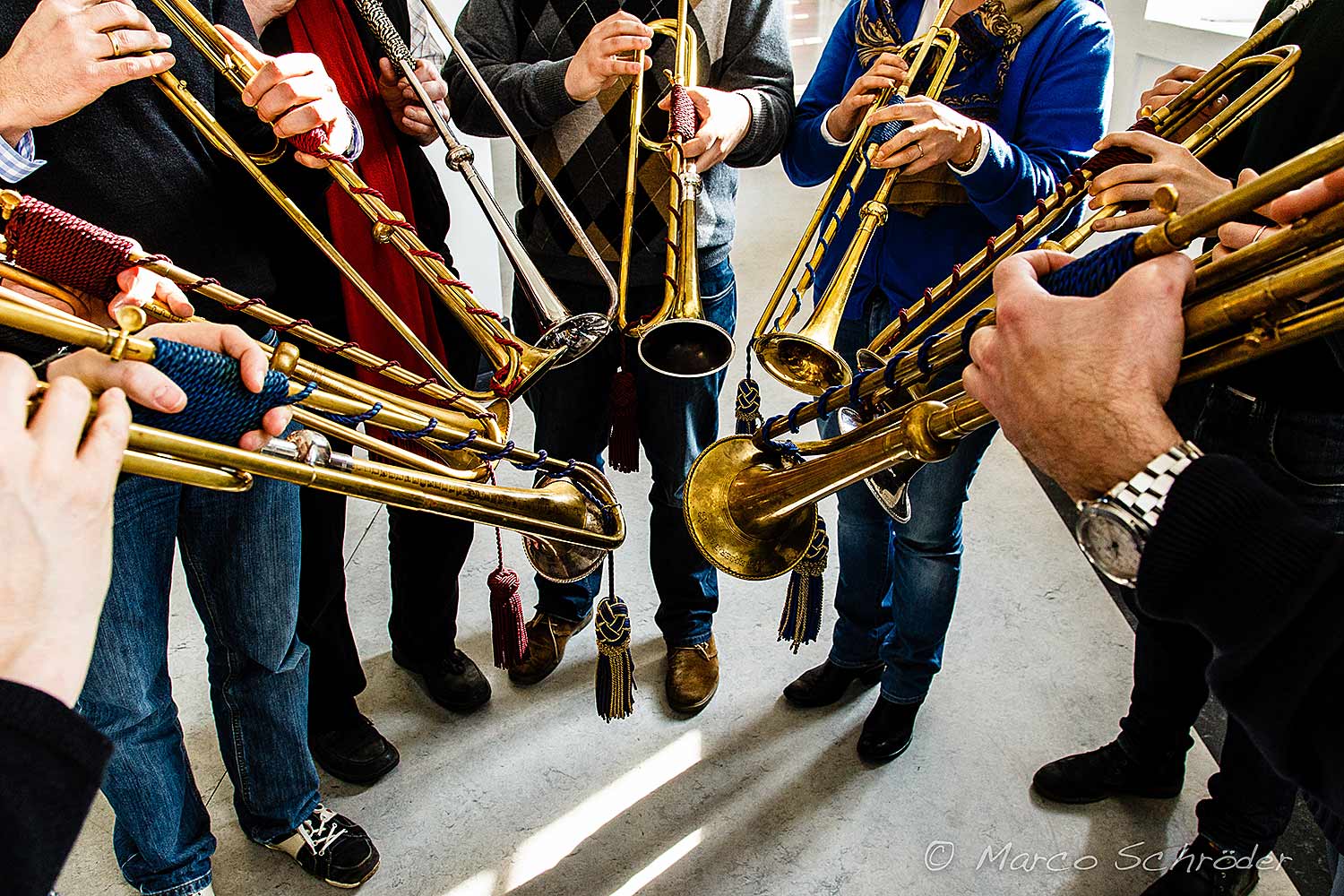
Formal study
Studying natural trumpet with Susan Williams formally – in a bachelor or masters program or as a contract student – can be done at one of two institutions.
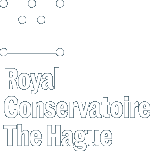 The Royal Conservatoire The Hague has the largest early music department in the world and offers many opportunities to learn about early music and to perform in both chamber music and large-scale projects. Courses offered are often innovative and both students and staff are from all over the world. See www.koncon.nl/en
The Royal Conservatoire The Hague has the largest early music department in the world and offers many opportunities to learn about early music and to perform in both chamber music and large-scale projects. Courses offered are often innovative and both students and staff are from all over the world. See www.koncon.nl/en
Design your own study
- Bach and Handel
- Bohemian music
- Trumpet and voice
- Trumpet and strings
- Trumpet with oboe band
- Trumpet consort
For details contact info@susan-williams.com.
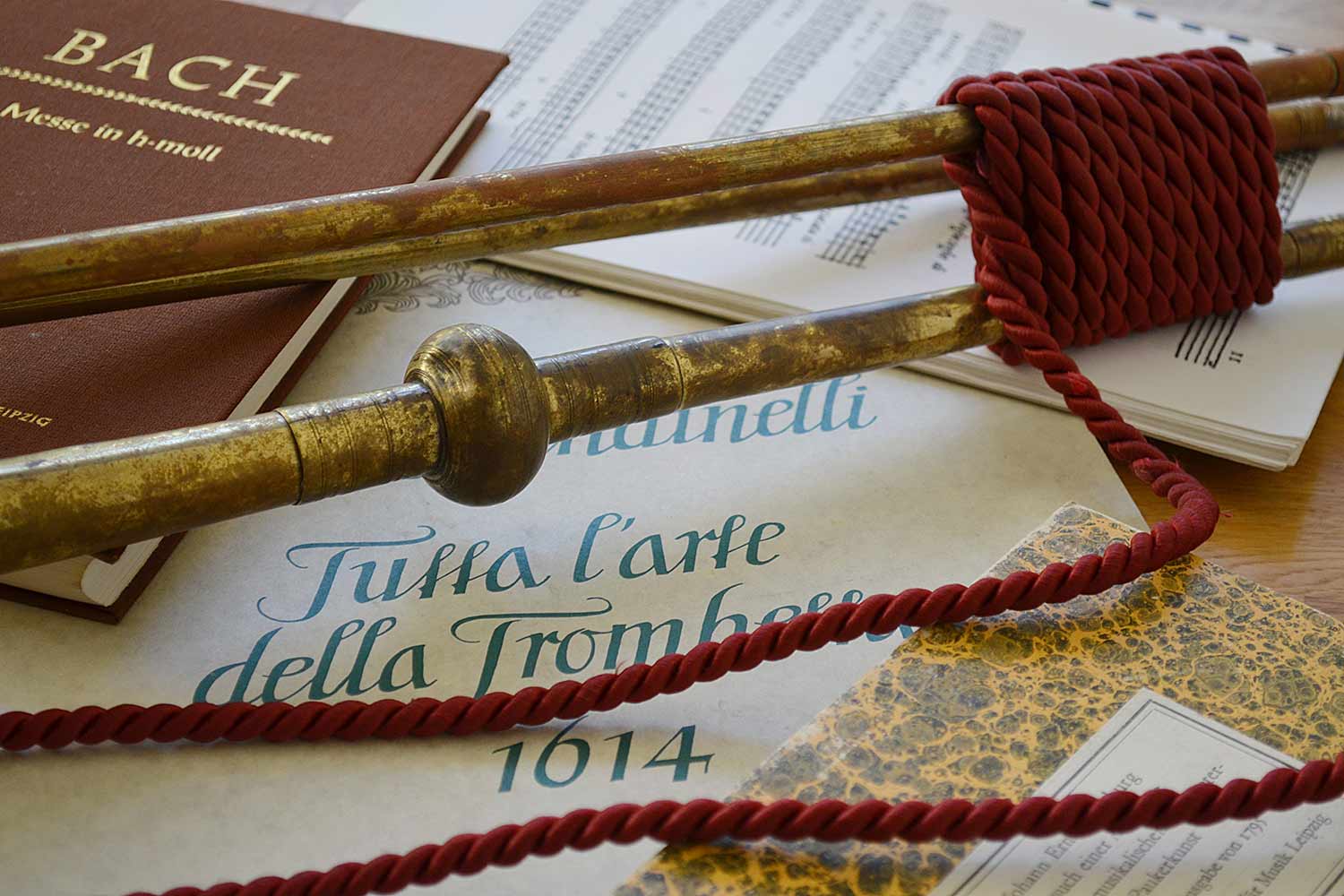
Workshops
8 April 2018
2nd Concert Historic Brass Festival
The second concert of the Historic Brass Festival is in Lilienthal
4-8 April 2018
Historic Brass Festival (Bremen)
To celebrate ten years of Historic Brass Studio this year we present the Historic Brass Festival in Bremen.
23-26 May 2018
Stadpfeifer Workshop (Bremen)
The Bach-Gesellschaft Bremen is sponsoring a workshop for trumpeters, oboists and bassoon players with repertoire written for the Stadtpfeifer (town musicians) by Telemann, Bach and other German composers.
3-8 July 2018
Clarincanto (Zutphen)
As part of the Zutphen Summer Academy, a workshop celebrating the vocality of the natural trumpet will take place. Repertoire from Italy, Spain, Germany and England for voice and trumpet will be explored and performed.
Archive
22-23 February 2017
Introduction to the baroque trumpet
A baroque trumpet workshop takes place at the Karol Lipinski Music Academy in Wrocław, Poland …
2-5 March 2017
Historic Brass Studio (Bremen)
The University of the Arts, Bremen, presents the annual Historic Brass Studio – for trumpeters, trombonists and Cornetto players.
21-24 March 2017
Motion and Emotion (The Hague)
This workshop at the Royal Conservatoire The Hague presents dance music from Versailles and Germany …
4-7 May 2017
Baroque trumpet course »Heaven and Earth« (San Pietro in Casale)
A workshop for baroque trumpeters in San Pietro in Casale, Italy with music by Bach and Krieger for bass singer and trumpets.
10-14 July 2017
Viva Vivaldi (Venice)
Baroque trumpeters can join this Summer Academy celebrating the music of Vivaldi, which takes place on the island of San Giorgio Maggiore in Venice.

